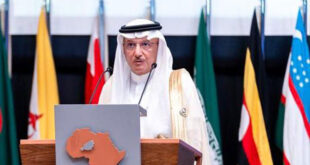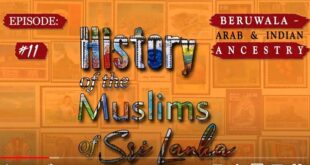Concept of pluralism.
The concept of pluralism is built on the idea of engagement, and creating a harmonious society out of these different cultures in our country. This is a key distinction from diversity, which does not rely on interactions between groups.
Pluralism Definition
In government, the political philosophy of pluralism anticipates that people with different interests, beliefs, and lifestyles will coexist peacefully and be allowed to participate in the governing process. Pluralists acknowledge that a number of competing interest groups will be allowed to share power. In this sense, pluralism is considered a key element of democracy.
- Key to Pluralism
- Pluralism is a political philosophy holding that people of different beliefs, backgrounds, and lifestyles can coexist in the same society and participate equally in the political process.
- Pluralism assumes that its practice will lead decision-makers to negotiate solutions that contribute to the “common good” of the entire society.
- Pluralism recognizes that in some cases, the acceptance and integration of minority groups should be achieved and protected by legislation, such as civil rights laws.
- The theory and mechanics of pluralism are also applied in the areas of culture and religion
People respond differently to diversity and change. Some are hostile and unmoving, while others embrace it with open arms. pluralism is one of the many responses society can have to the new diversity that we must learn to deal with, which we must learn to deal—and change deal to cope. We will only ever be as strong as our weakest link, and we are hurting ourselves by isolating sections of our community. To create a strong country, everyone has to embrace and uphold those with whom we live. A society has to work towards pluralism
Throughout history, Srilankans have responded to diversity in different ways.
The focus is on the terms of exclusion, assimilation, and pluralism.
Exclusionists want to ostracise what is unfamiliar to them. They feel threatened
by what they do not understand. Pluralism, unlike exclusionism, is based on
accepting those different from you, regardless of how you feel. Others believe
that everyone should come together to create one society that is uniform across
the board; the Srilankan melting pot. All multiplicity and variance are left
behind to produce one homologous country.
One must point out how the present mirrors these same ideas of the past. There are ever-present massive divides in our country that we are still trying to overcome religiously and culturally. Certain section of the people have reacted more positively to this diversity thrust upon them, focusing on building new relationships and religious communities. New interfaith Organisations that have developed in Srilanka that are fostering a new time of prosperity and coexistence.Our society needs to reevaluate what our definition of “we” is to be all-inclusive to the cultures and religions around us Different aspects of pluralism
As stated previously, pluralism and diversity are different. One can observe diversity, while one has to participate in pluralism. Pluralism is a two-way street with mutual interaction and reciprocation to better ourselves and the world around us. It is important that we facilitate inclusive discussions amongst all cultures and religions. Each cultural group brings their multifaceted and unique differences to create building blocks for this new pluralistic community.
Pluralism and Tolerance
Pluralism and tolerance are not one and the same, though tolerance is one of the key characteristics that make up pluralism. Tolerance on its own still allows for us to look at the world through prejudicial lenses. For pluralism to work, our tolerance of others must be inherently unbiased, and stereotypes must be thrown aside. Our community should be built on understanding and compassion rather than shallow acceptance and ignorance. Our society must be accepting of others different from us, while abolishing cultural ignorance and religious stereotypes. We will only ever be as strong as our weakest link, and we are hurting ourselves by isolating sections of our community. To create a strong country, everyone has to embrace and uphold those with whom we live. “We” must build and work towards the country “we” wish to live in.
Disclaimer :
Views expressed by writers in this section are their own and do not necessarily reflect World Forum for Sri Lankan Muslims (wfslm.org) point-of-view.
 World Forum for Sri Lankan Muslims Sri Lanka Muslims Forum
World Forum for Sri Lankan Muslims Sri Lanka Muslims Forum



